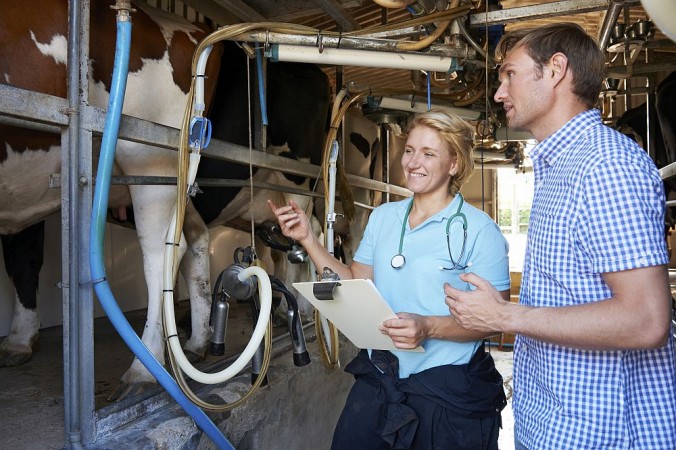
You’ve been stressing about being short-staffed and you’ve found what you believe to be the right guy for the job only to be quickly disappointed. So what went wrong? Is this just a classic case of a bad hire? Did you miss something during the interview? Or could it be your new-hire practices or lack thereof? How you manage the first several days and weeks of a new employee is critical to their long-term success. A strong start results in quicker productivity and reduced chances of turnover later.
Organizations with a structured onboarding process experience 54% greater new-hire productivity and 50% greater new-hire retention according to Interactive Services, a training solutions provider. When an employee quits relatively quickly after being hired it is typically due to several factors: the job wasn’t what they expected; they don’t feel like they can successfully complete their tasks, or they don’t feel they fit into the team/culture.
Here are a few simple, yet highly effective, best practices for integrating a new employee into the team.
PREPARE BEFORE THEY START
Take the time before they join the team to prepare for their arrival. Inform the team of the new hire, their role, background, and their part in getting the new hire up to speed. Ensure everything is set before their first day. For example get any necessary keys, time cards, work clothes, etc. This allows for your new hire’s first days to go more smoothly and leaves a solid impression of your organization from the start. For your use and convenience, we have created a New Hire Checklist.
GET TO KNOW THE TEAM
Nothing says we’re excited to have you on board like a stack of new-hire paperwork. Leave any mundane tasks for the end of the first day. Start the morning by walking them around the facilities and introducing them to each team member. Maybe take them to a few fields to show current crop progress if you are in the growing season.
Involve your team in the process. Set up structured time with each team member to allow them to get to know one another. Have other employees go over their role on the team, how long they have been there, etc. Then outline structured items to discuss. Have one of your employees go over work/safety policies, while another goes over what’s expected in terms of shop organization. This exercise is beneficial on multiple accounts, your new hire gets to learn the lay of the land and your current employees get a friendly reminder of the work policies they review. The more time your new hire has in getting to know your team the more comfortable and effective they will be in their new role.
ESTABLISH EXPECTATIONS
As their manager, spend time reviewing what’s expected and review a few concrete goals. This doesn’t have to be complicated, it might be as simple as setting up what you would like to see them learn their first week, first month, etc. Most farms don’t have formal training in place because it’s overwhelming to think of how to develop. Start with a simple checklist of items to go over with a new hire and then continue to add to it over time. Eventually, you will have a training list specific to each position on your farm.
KEEP TRAINING
Recently I was speaking with Pathway Family Farms in southern Indiana and they said their managers have a mindset that training for a new hire really needs to continue for a full year. Because of the cyclical nature of farming (even though an employee may have been there for six months) they may have only seen harvest and are still new to planting. They set up structured “shadowing” time where they will ride along with another operator to observe before they perform a task.
The bottom line is first impressions of your business matter, but newbies need guidance through the farm’s entire first-year cycle. Take the time to assure your new employees bond with your team and your organization and your retention levels should improve.
We are always interested in hearing about practices on your farm. If you have some good tips on how you train new hires and integrate them with your team, please share them with us.





